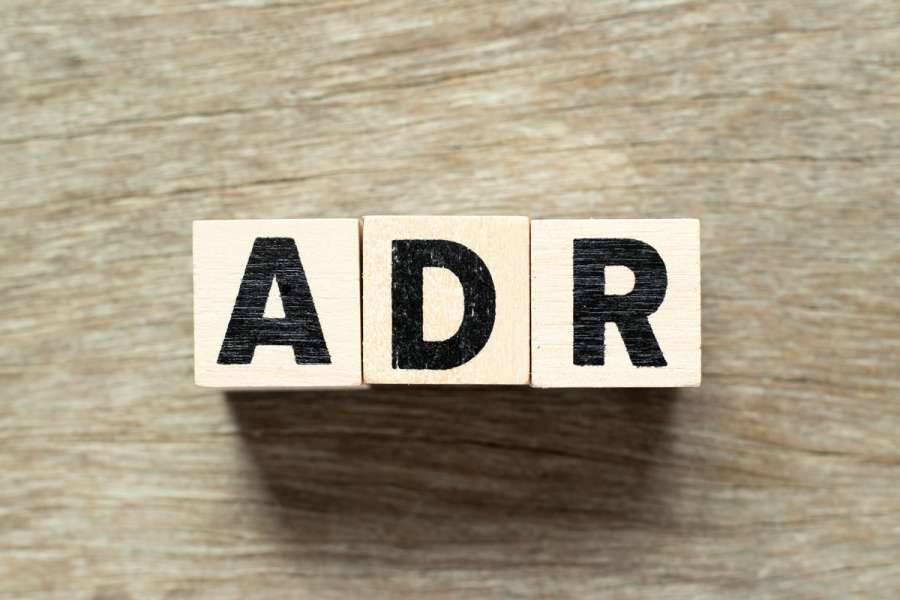
Estate disputes of whatever nature are legally and emotionally difficult.
If such a dispute involves a person with autism, other factors need to be taken into account.
Autism is a spectrum condition, and individuals may have varying levels of cognitive ability and communication skills and may be more vulnerable to undue influence.
Our Contentious Probate solicitors explore the unique challenges that arise in Will disputes involving autistic individuals, ensuring that their rights, wishes, and best interests are carefully considered throughout the process.













